AUGUSTA — City councilors and other city government officials vowed to prioritize long-term economic development, discuss improvements to city transportation and social services, and market the city as a great place to live in their goal-setting session Saturday.
Councilors all agreed that economic development of the city is paramount to making Augusta, and in some respect, central Maine, attractive to a younger generation of workers and families who might be considering making Maine their home.
“I think it will help all of us if we can have a strong middle class living in Augusta,” Ward 1 Councilor Linda Conti said.
Throughout the discussion, councilors, Mayor David Rollins and other city officials debated ideas on how to make Augusta and the Kennebec Valley attractive to prospective home and business owners.
Conti said it’s important to preserve and protect city neighborhoods and get more people who work in Augusta to live in Augusta.
“We need to follow through with the implementation of property maintenance and historical preservation plans,” she said.
Rollins stressed the importance of continuing to develop downtown Augusta along Water Street and at the city-owned Kennebec Lockes site — the former Statler mill property next to the Kennebec River.
“We’ve got to come up with an infrastructure plan and break ground to start development,” the mayor said. Rollins also said the work to redevelop the Colonial Theatre should continue; that plan was a goal of last year’s council, as well.
At-large Councilor Marci Alexander suggested the council should make sure there’s infrastructure to support residential development and the construction of middle-class homes, and nearly the entire council agreed to look at ways to provide incentives for developers who build middle-class housing subdivisions.
“If you get people to want to come live here, they’ll come and build and be happy here,” Conti said.
There was also near unanimous support to develop a plan to review distressed properties in Augusta and figure out how they can become viable again.
Amanda Bartlett, executive director of the Augusta Housing Authority, said the organization is working toward a goal for having more mixed-income properties, which combine low-income and market-rate units within the same development.
Rep. Matthew Pouliot, R-Augusta, said there is a perception that resources to help landlords upgrade their properties aren’t available, but he said it’s not true.
“Hopefully we can get more serious about improving that perception,” Pouliot said. “We have to support the housing authority and the private developer side as well.”
The economic development goals work in concert with marketing Augusta and the Kennebec Valley region as a “cool place to live,” Alexander said. She said its harder for central Maine to attract newcomers because its cities and towns lack “lobsters and lighthouses.”
Alexander said every city and town, including Gardiner and Hallowell, is trying to rebuild its downtown, so Augusta needs to differentiate itself from those communities. There was near-unanimous council support to develop a city marketing proposal.
“We’ve got to brand ourselves to be competitive,” Alexander said. “We’re only as good as we say we are.”
The council unanimously agreed to discuss the Water Street traffic pattern and whether commissioning a feasibility study on two-way traffic would make sense for the city. Nearly all councilors concurred that discussing bus or trolley service should be on the agenda for the coming year.
Ward 4 Councilor Anna Blodgett said a continuous, year-round loop from the State House complex to the library, to downtown and to Cony High School would be a boon for the city.
“I think there’s great potential for something like that,” Blodgett said, “and hopefully the state would be glad to partner with us.”
Other goals include improving the quality of life for Augusta residents by creating a public art commission and exploring an “Adopt-a-Garden”-style program. Visual improvements to enhance the city’s gateway areas were approved by six councilors.
Last year, fighting the opioid crisis was one of the big goals the council agreed upon. At Saturday’s session, At-large Councilor Corey Wilson said the city needs to think about what it can do to continue to help the fight against opiate addiction.
“The city should have an even more active role in (addressing the problem),” Wilson said. “(We should be) increasing treatment options and should consider partnering with stakeholders in the community that are already working on this.”
City Manager William Bridgeo and Frank O’Hara, a consultant hired to help with the goal-setting process, plan to meet in the next few weeks to turn Saturday’s six-hour discussion into a draft set of goals for the council to considering approving at an upcoming meeting.
Bridgeo and O’Hara said councilors will have the opportunity to add or subtract from their list of priorities and noted that it’s a discussion that is referenced throughout the year.
Jason Pafundi — 621-5663
Twitter: @jasonpafundiKJ
Send questions/comments to the editors.


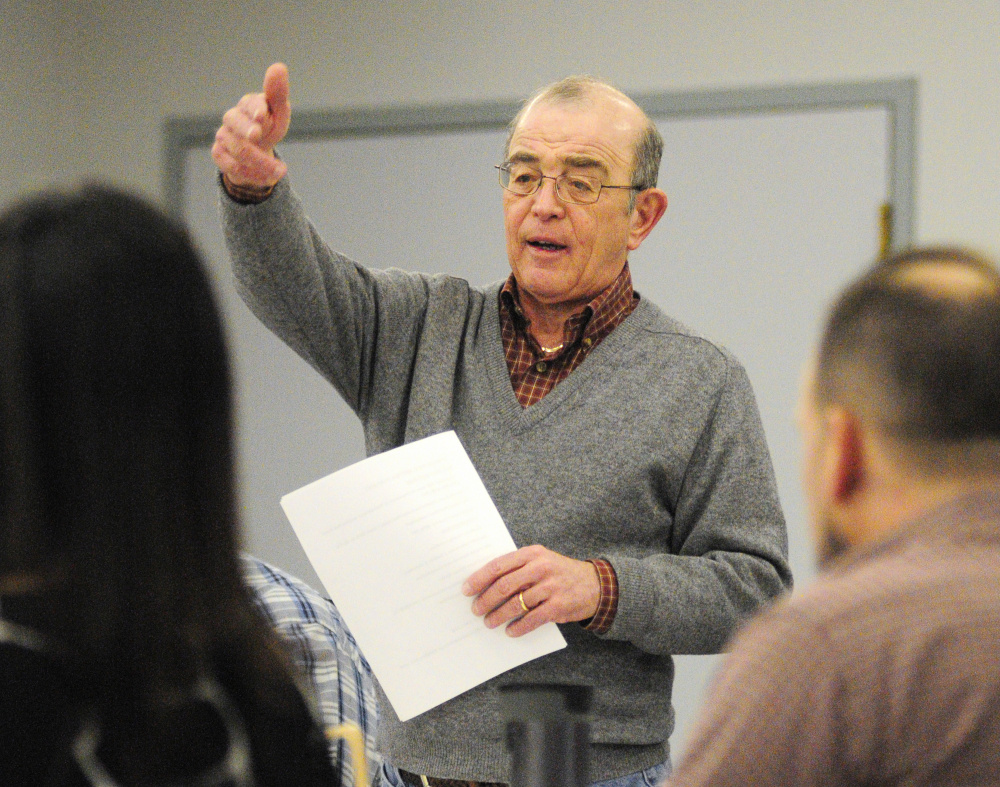
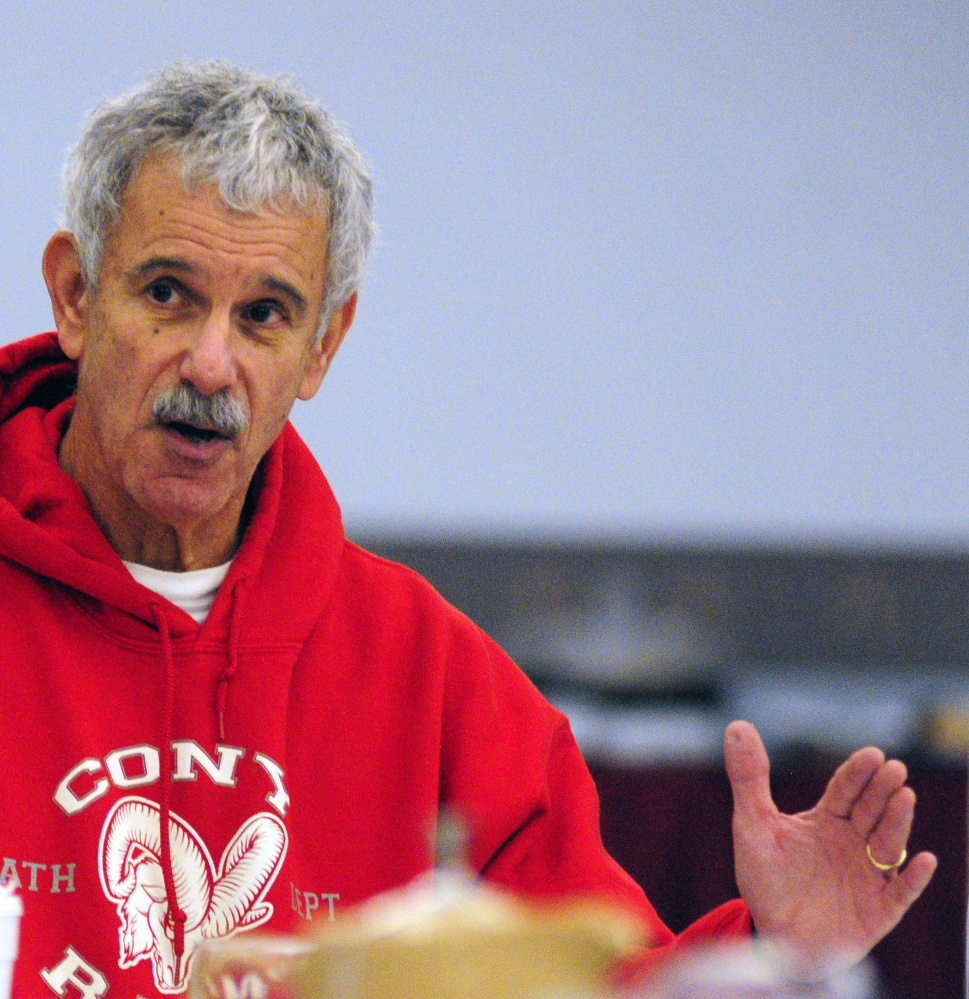
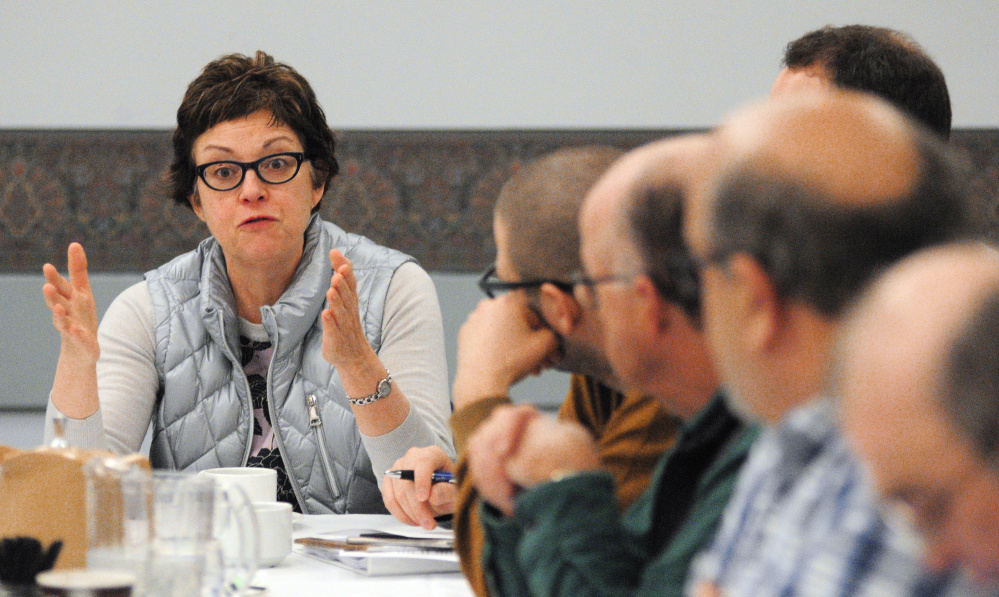
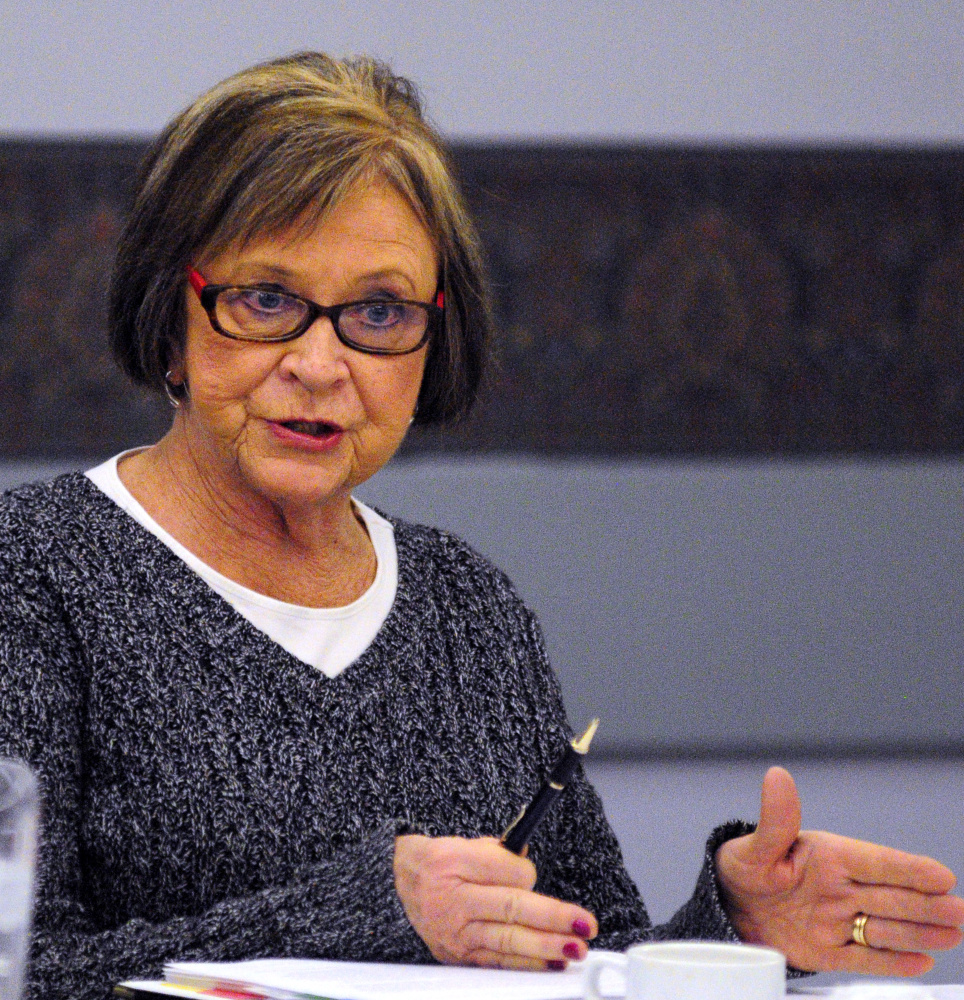

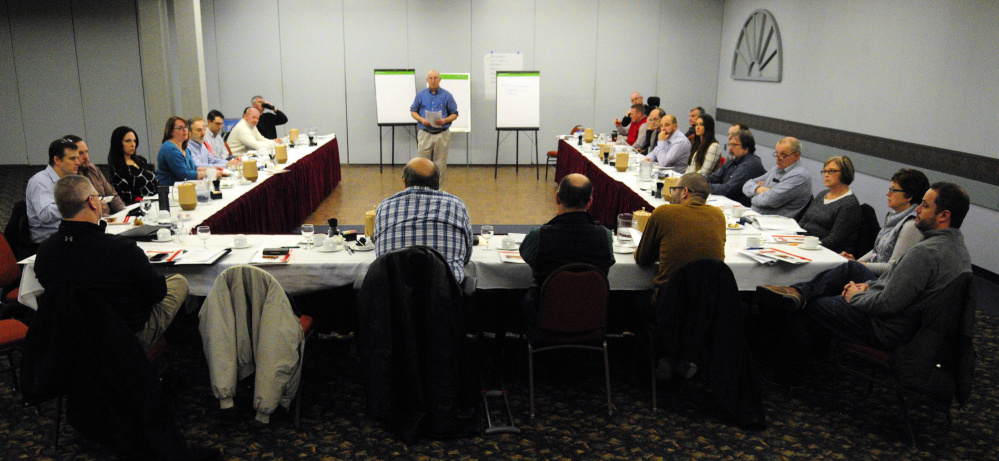
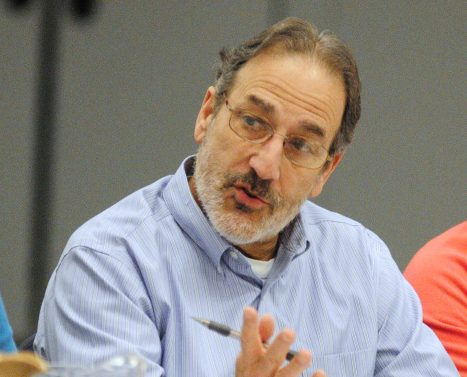

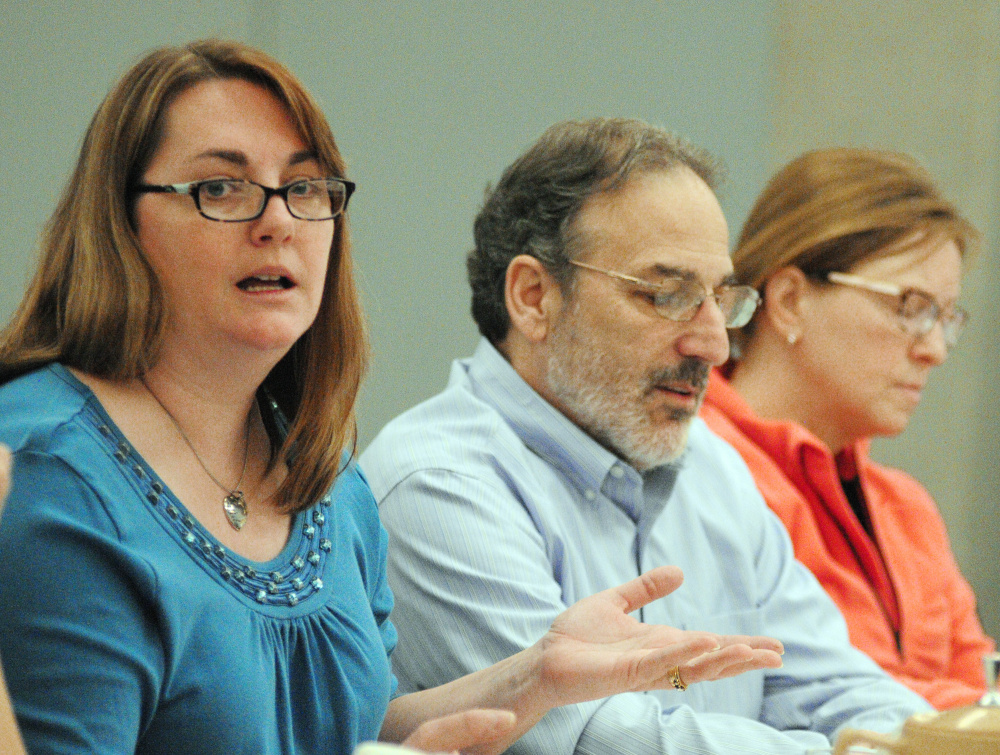

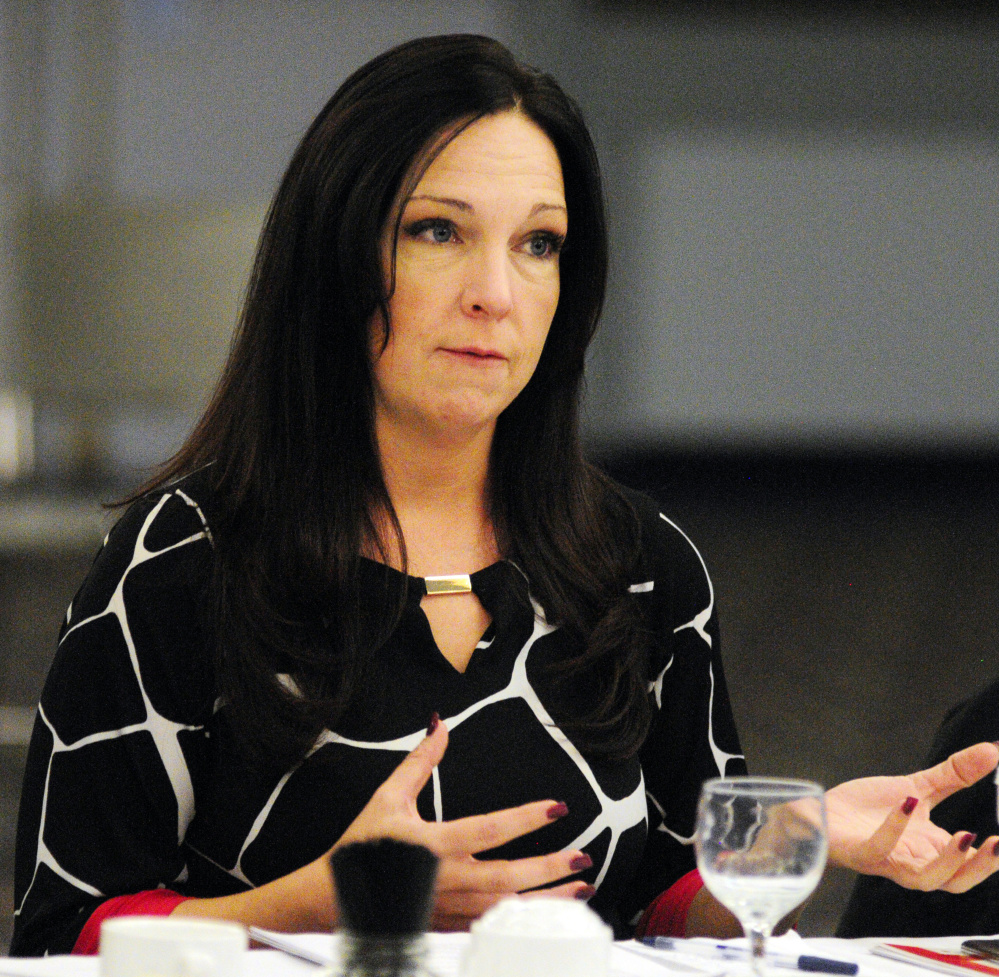
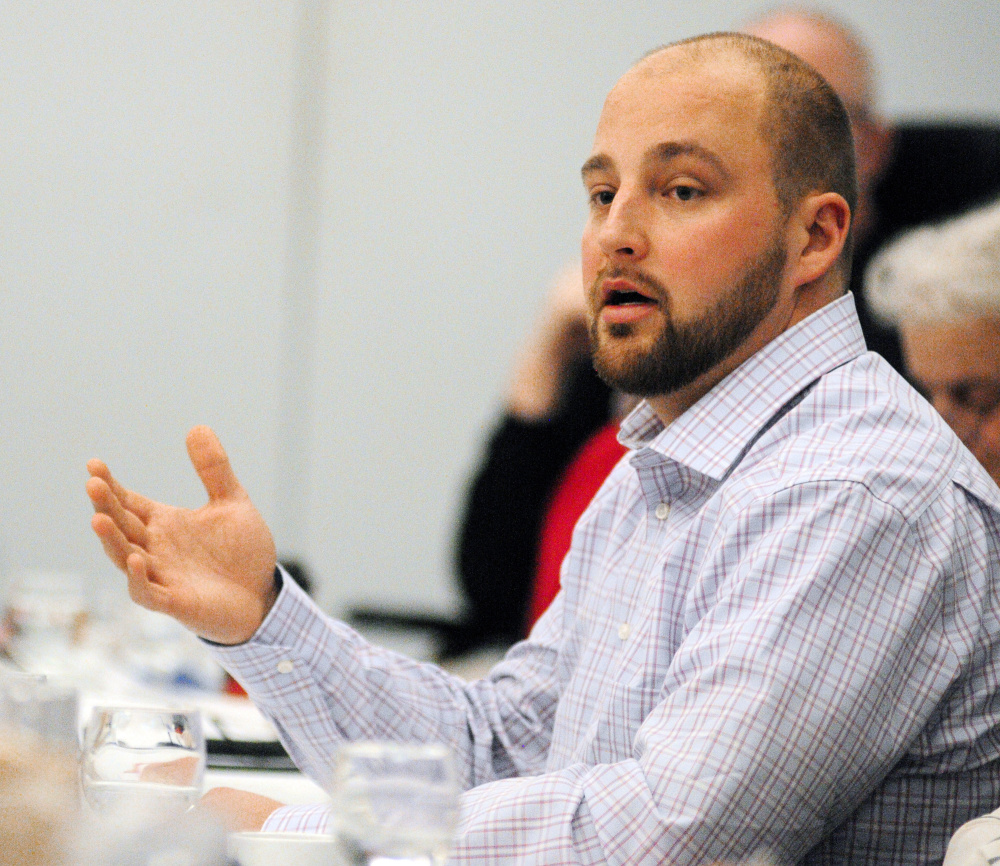
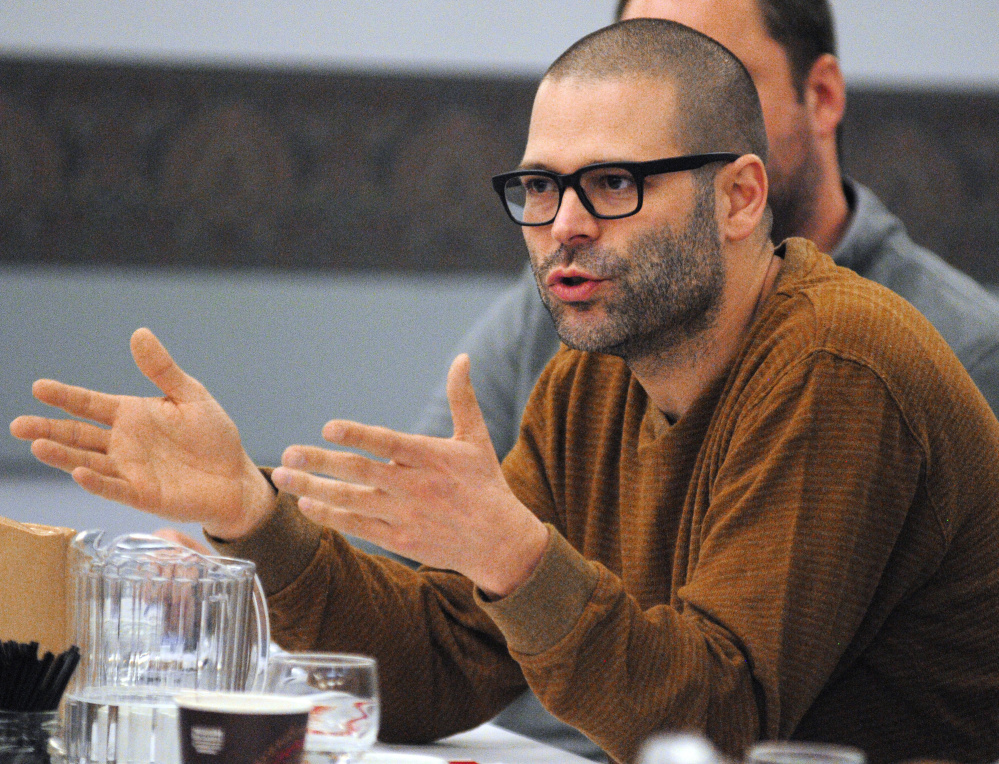

Comments are no longer available on this story